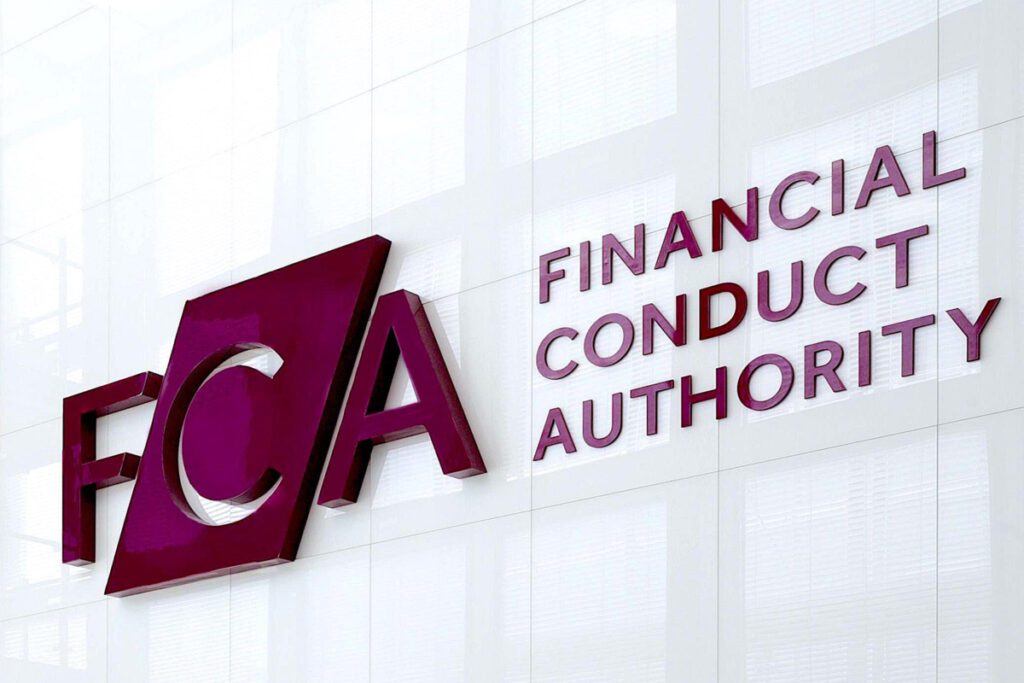The Financial Conduct Authority, the UK’s financial watchdog, has published a new discussion paper addressing the regulation of cryptoassets intended to improve the integrity of the UK’s crypto markets, protect individuals and support UK growth and competitiveness.
This initiative aligns with the UK Government’s plans to legislate a comprehensive financial services regime for cryptoassets. The new approach abandons the previously proposed phased implementation, simultaneously regulating fiat-referenced stablecoins and broader crypto trading activities.
The regulator says admission, disclosure and market abuse regimes are crucial to improving the integrity and cleanliness of crypto markets. Comments must be given until March 14, 2025.
Crypto trading platforms should share information to stop market abuse
“Discussion Paper DP24/4” sets out proposals for businesses to introduce strict controls to prevent harm and suggests that businesses such as licensed crypto trading platforms share information to help stop abuse alleged market breaches, reduce fraud and promote good practices in the sector.
“We encourage industry to share their expertise and help us shape the rules. We want the industry to take the lead in developing new ways of disclosing important information to ensure people understand the risks before purchasing crypto,” the FCA announcement said. “We want to develop a fair, balanced and proportionate crypto regime for everyone. We need input from government, our international partners, industry and consumers to help us develop good rules for the future.
The FCA has warned that currently, crypto remains largely unregulated in the UK and poses a high risk. “If something goes wrong, you are unlikely to be protected and you should be prepared to lose all your money. »
Crypto trading, custody and issuance of stablecoins under FCA supervision
The UK government has announced plans to legislate a comprehensive financial services regime for cryptoassets. This regime will bring crypto activities such as trading, custody and issuance of stablecoins into the FCA’s oversight. The legislation abandons the previous phased approach, with fiat-referenced stablecoins and broader crypto trading activities now regulated simultaneously.
The document seeks to develop rules that reduce market risks without hindering innovation. It aligns with the FCA’s objectives: consumer protection, market integrity and effective competition, while promoting international competitiveness.
Admission and Disclosure (A&D) Regime
The proposed A&D regime establishes rules for the issuance and admission of crypto-assets to trading on regulated crypto-asset trading platforms (CATPs). This regime aims to address risks such as fraud, scams and lack of reliable information, which are currently undermining investor confidence and market stability.
In the A&D framework:
Admission Documents: Cryptoassets seeking admission to CATPs must provide detailed documents containing essential information. This includes key features, associated risks, governance mechanisms and technological details to help consumers make informed investment decisions.
Due Diligence: CATPs will be required to carry out in-depth due diligence on issuers, their admission documents and associated risks. This process may include reviewing third-party audits of cryptoasset protocols, such as security and code assessments.
Rejection mechanisms: CATPs must have clear processes for rejecting cryptoassets that pose significant risks to consumers, such as technological vulnerabilities or potential for fraud.
Liability Framework: Preparers of admissions documents will be held liable for inaccuracies under a “negligence” standard, similar to the approach in traditional securities markets. To encourage transparency, specific forward-looking statements will be protected by a separate liability standard.
National Storage Mechanism (NSM): All admission documents must be lodged on the FCA’s NSM in a machine-readable format, ensuring transparency and easier access to critical information for market participants.
The FCA seeks to strike a balance between prescriptive rules and flexibility, allowing CATPs to set additional requirements for admission documents whilst maintaining consistent standards.
Market Abuse Regime for Crypto-Assets (MARC)
The MARC framework is designed to prevent, detect and disrupt market abuse in the cryptoasset market. Building on the existing UK Market Abuse Regulations (UK MAR), the proposed regime will prohibit harmful behavior such as insider trading, unlawful disclosure of inside information and market manipulation.
The FCA highlights several challenges unique to crypto markets, including the fragmentation of trading platforms, the absence of identifiable issuers for certain assets and the cross-border nature of cryptoactivity. These differences require a tailored approach to achieve regulatory outcomes comparable to those achieved in traditional markets.
The main proposals under MARC include:
Prohibitions on Market Abuse: Cryptoassets traded on regulated CATPs will be subject to prohibitions on insider trading, market manipulation and the dissemination of false or misleading information.
Disclosure of inside information: Issuers of crypto-assets will be responsible for public disclosure of inside information. Where there is no identifiable issuer (e.g. Bitcoin), liability shifts to the non-issuer, such as a CATP, which has requested admission to trading.
Cross-platform information sharing: CATPs will be required to share information to help detect and disrupt market abuse across platforms. This is crucial to address the cross-market risks posed by fragmented and decentralized trading activity.
Systems and Controls: CATPs and intermediaries must implement robust systems to monitor, prevent and address abusive market behavior, such as suspicious trading patterns or misuse of non-public information.
The FCA highlights the importance of international alignment to avoid regulatory arbitrage, in which firms exploit jurisdictional differences. Adopting global standards will strengthen cross-border cooperation and ensure more effective oversight of crypto markets.




